Ask AI on The Internet
Reverend John Hale, a character in Arthur Miller's play "The Crucible," is not necessarily portrayed as a "bad person," but he does exhibit actions and decisions that contribute to the tragic events in the story, which can lead to complex interpretations of his character. Initially, Reverend Hale arrives in Salem with genuine intentions to root out witchcraft and protect the community from what he believes to be a real threat. He is confident in his knowledge and the righteousness of his mission. However, his blind faith in the legal system and the hysteria surrounding the witch trials lead him to inadvertently support the wrongful accusations and executions. Several factors contribute to the perception of Hale as a flawed character: 1. **Naivety and Arrogance:** Hale's initial arrogance and unwavering belief in his expertise prevent him from seeing the truth behind the false accusations. He fails to question the legitimacy of the testimonies and the motivations of the accusers. 2. **Slow Realization:** Although he eventually recognizes that the trials are based on lies and manipulated hysteria, his realization comes too late to prevent the damage done. His initial support of the trials helps to legitimize them and fuels the growing panic. 3. **Moral Conflict:** Throughout the play, Hale experiences a significant internal conflict. He grapples with his conscience and the moral implications of his actions. While he ultimately denounces the trials and attempts to save the accused, his earlier mistakes weigh heavily on him. 4. **Ineffectiveness in Rectifying Wrongs:** When Hale tries to make amends by advocating for the accused and urging them to confess falsely to save their lives, these efforts are largely ineffective and come across as too little, too late. In summary, Reverend Hale is a complex character whose actions, while not driven by malicious intent, contribute to the tragic events of "The Crucible." His journey reflects themes of integrity, guilt, and the consequences of blind adherence to ideology and authority. Rather than being a "bad person," Hale is depicted as a well-meaning but ultimately flawed individual whose actions have unintended but devastating consequences.
Think your answer is better than the AI's? Post it below.
Question Tags
If you want your question answered by an AI, click here.
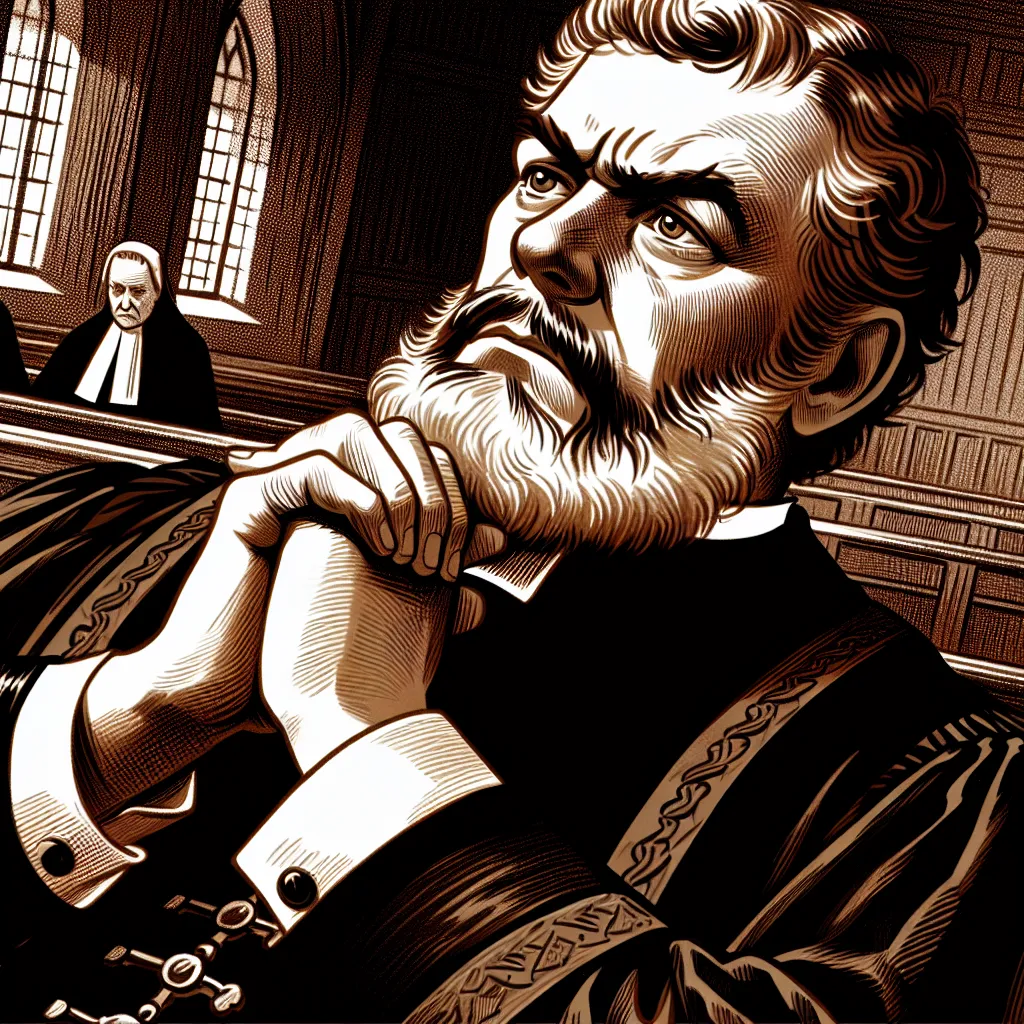
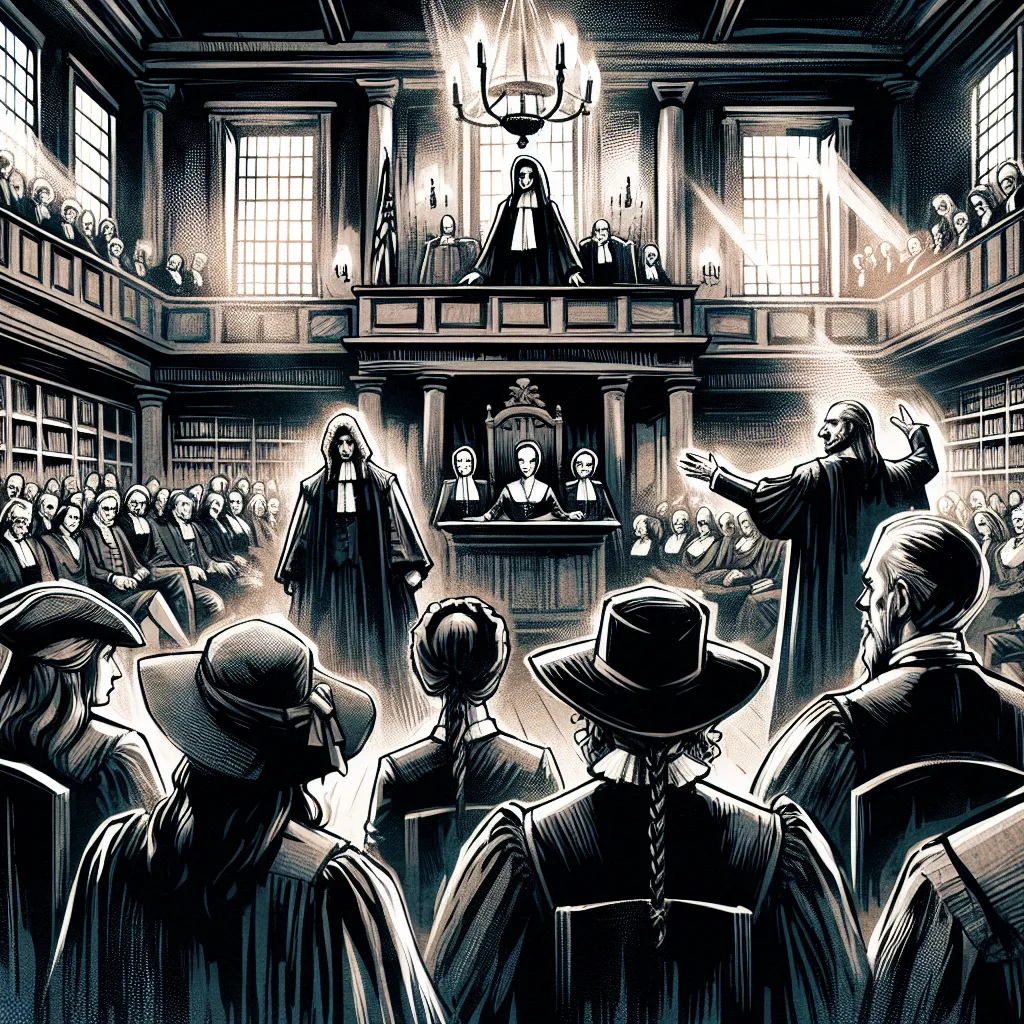
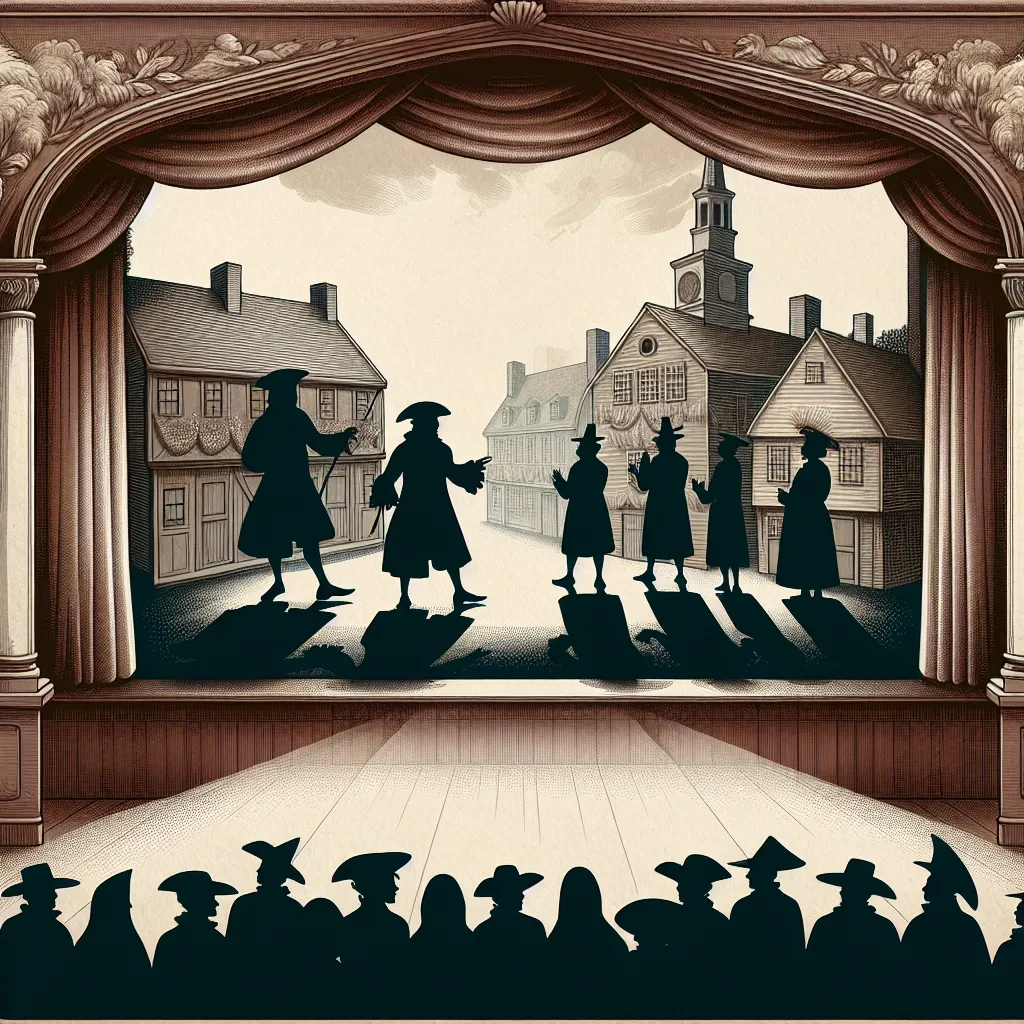
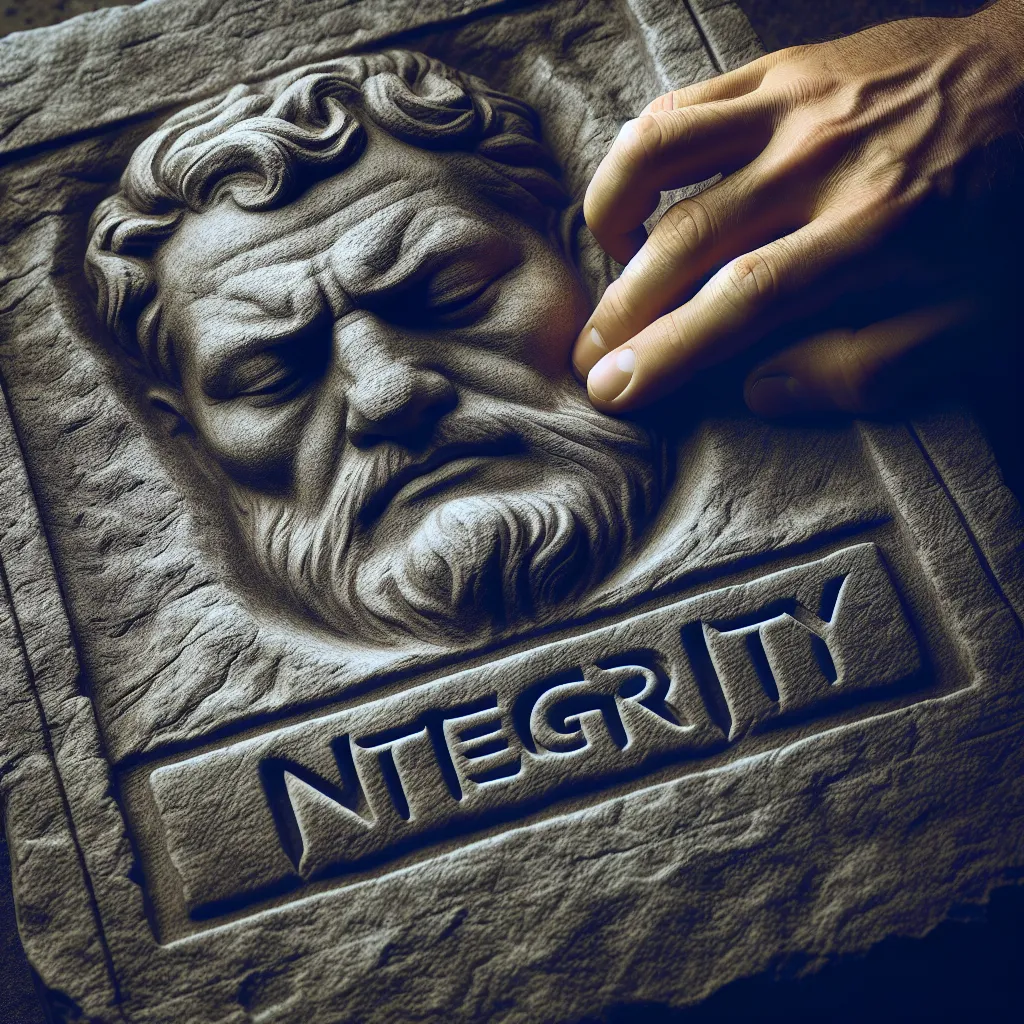

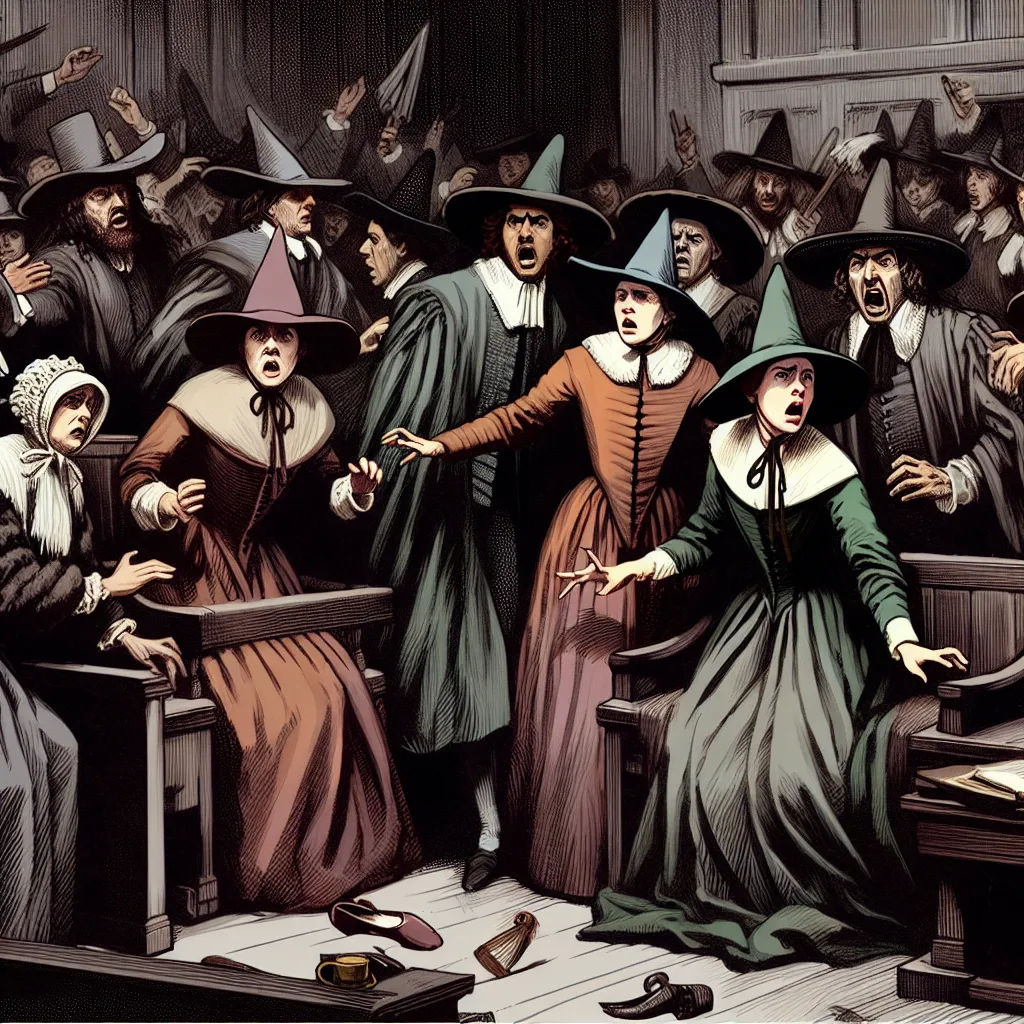

Post your own comment: